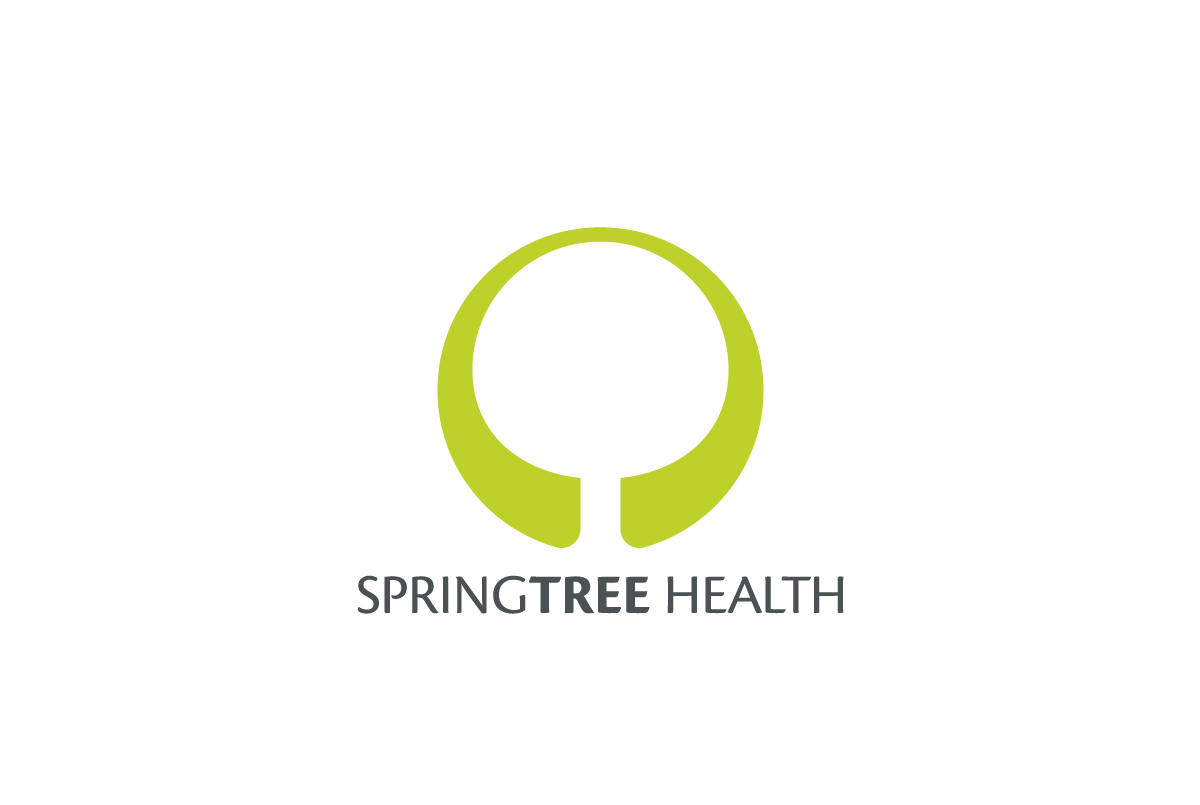Olive leaf extract—antiviral activities against herpes mononucleosis (EBV), hepatitis virus, rotavirus, respiratory syncytial virus (RSV)and para-influenza type 3 virus, HIV, Viral Hemorrhagic Septicemia Rhabdovirus (VHSV), bovine rhinovirus, canine parvovirus, feline leukemia virus, as well as candida and antibacterial effects.
Astragalus—an important immunomodulatory herb in Chinese medicine; promotes B-cell proliferation and antibody production, may be helpful in increasing resistance against respiratory infections such as the common cold. Associated with decreased serum fibrosis markers and liver enzymes in Hepatitis , and may inhibit cytomegalovirus (CMV) as well as antibacterial and anti-inflammatory effects. Production of proinflammatory cytokines IL-6 and TNF-alpha were significantly reduced with astragalus treatment. Pregnant or nursing women should not use astragalus root.
Elderberry—Influenza A and B, effectiveness comparative to OTC flu remedies in studies, some effectiveness in prevention of flu, may have activity against coronavirus but may upregulate IL-6; however, the anti-inflammatory properties may mitigate that—studies are ongoing.
Garlic—studies show in vitro activity against influenza A and B, cytomegalovirus, rhinovirus, HIV, herpes simplex 1 and 2, CMV, viral pneumonia and rotavirus.
Green tea extract—Enteroviruses and rotaviruses (intestinal symptoms), Hep B and C, Herpes Simplex 1 and 2, inhibitor of HIV reverse transcriptase, Influenza A and B, Cytomegalovirus, some arboviruses (from mosquitos and ticks causing fever, headache and general malaise, can cause encephalitis and hemorrhagic fever—Dengue Virus, West Nile Virus, Japanese encephalitis virus, tick-borne encephalitis virus, zika virus, chikungunya virus); Human T-cell leukemia virus, Ebola virus, SARS, MERS, viruses infecting other animals
Quercetin—bioflavonoid that has been shown to have antiviral effects against Influenza (inhibits entry into the cells), parainfluenza, RSV, adenovirus including Dengue, rhinovirus (common cause of common cold), CMV, SARS.
Andrographis—stimulates lymphocyte cell proliferation, enhancing cytotoxic T cells, Natural Killer cells, and antibodydependent cell-mediated cytotoxicity. anti-HIV, uncomplicated upper respiratory tract infections (colds), Influenza A, Hepatitis B and C, Herpes Simplex 1, Epstein-Barr Virus, Cytomegalovirus, human papilloma virus (HPV which causes genital warts), chikungunya virus. Also has anti-bacterial and anti-inflammatory effects.
Monolaurin—derived from coconut oil, monolaurin is a biochemical derivative of lauric acid, which binds to the lipid protein envelope of the virus, thereby preventing it from attaching and entering host cells. It also destroys the viral envelope, killing the virus. Studies have shown antiviral effects against RSV, common cold, influenza, shingles, herpes, EBV, CMV, HIV and Rubeola. Also has antimicrobial and anti-fungal effects.
Pau d’Arco—antiviral activity against 4 strains of influenza, herpes simplex 1 and 2, poliovirus, CMV, vesicular stomatitis virus. Also has antibacterial, antifungal, anti-parasitic and anti-inflammatory effects.
Ginger (Zingiber officinale)—Ginger has been shown to have impressive antiviral activity thanks to its high concentration of potent plant compounds. Additionally, specific compounds in ginger, such as gingerols and zingerone, have been found to inhibit viral replication and prevent viruses from entering host cells.
Cat’s Claw—from the Amazon rainforest, this plant’s inner bark has substances that are immune-stimulating, antiviral, antibacterial, antifungal, anti-parasitic, anti-inflammatory, analgesic, and has mild anticoagulant and antihypertensive effects. Shown to have effects against HIV, EBV, herpes family (shown more effective in reducing symptoms of Herpes Simplex 1 (cold sores) than some medications), hepatitis viruses, possible effects against CMV and HPV.
Glycyrrhizin from licorice root—studies have shown activity against Influenza A, Hepatitis C, Herpes Simplex virus, Influenza viruses, cytomegalovirus, rotavirus, HIV, coxsackievirus, enterovirus 71, RSV. Also has antimicrobial effects. It was shown to have antiviral effects on the coronaviruses causing MERS and SARS-CoV-1.
*These statements have not been evaluated by the Food and Drug Administration. This product is not intended to diagnose, treat, cure, or prevent any disease.




